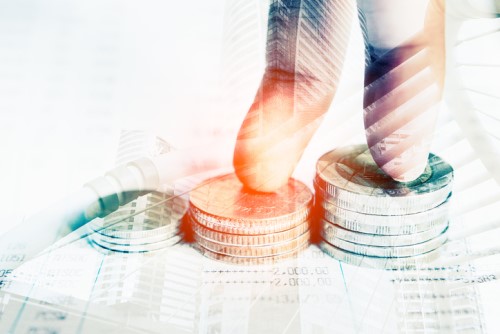

Southern Cross Health Society has pledged to return $50 million to its 884,000 individual and business customers as a way of giving back during tough times, and in recognition of a period of lower claims.
CEO Nick Astwick says that the amount returned will be calculated through the amount of premium paid by each member, and that Southern Cross Health Society is not ruling out further givebacks later down the line.
This is the first time that Southern Cross Health Society has given back to members on this scale, and Astwick says the decision was made in response to the COVID-19 pandemic’s severe economic consequences on customers.
“There’s a desperate need out there to help in the best way we possibly can,” Astwick told Insurance Business.
“Business and personal balance sheets are getting disrupted, if not destroyed. Our business model is that our collective members are our owners, and we’re here to serve that collective membership.”
“We want to return immediately any forecasted surpluses that may come through due to lower claiming,” he explained.
“We see our relationship with members and customers as a partnership of health and wellbeing, and this is just another way in which we can materially help them.”
Astwick says the company is hoping to make most of the payments over the next few months, though it may take longer to reach some larger business customers. He says the amount paid back will depend on the customer’s share of premium, and the $50 million pledge reflects expected earnings for the April-May-June quarter.
“We’re going to pay back based on the customer’s percentage of our total premium as of April 01, 2020,” Astwick said.
“Their premium reflects their risk, so the most equitable way was to give something back to everyone through equal shares, determined by the premium that they pay.
“The $50 million pledge was in the context of about $300 million worth of premium that we expect to get for April, May and June, and we haven’t ruled out any further interventions down the track.”
“We haven’t returned this level of capital back to the membership before in our history, though there have been some payments of excess capital back to members before,” Astwick concluded.
“It is a unique and unprecedented response.”
